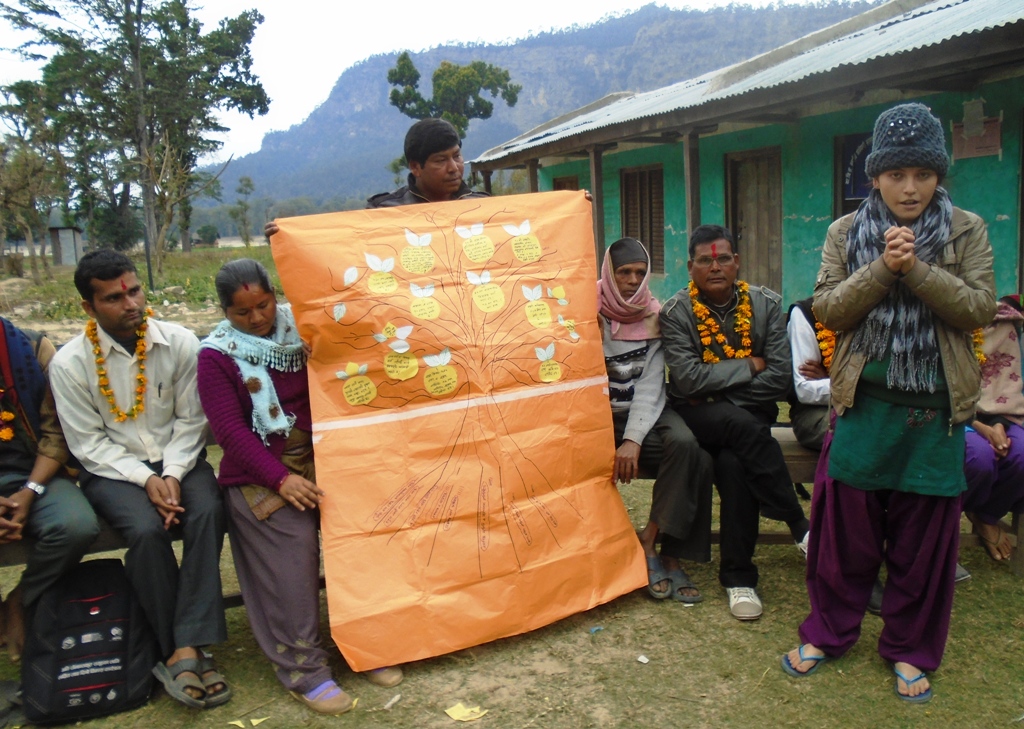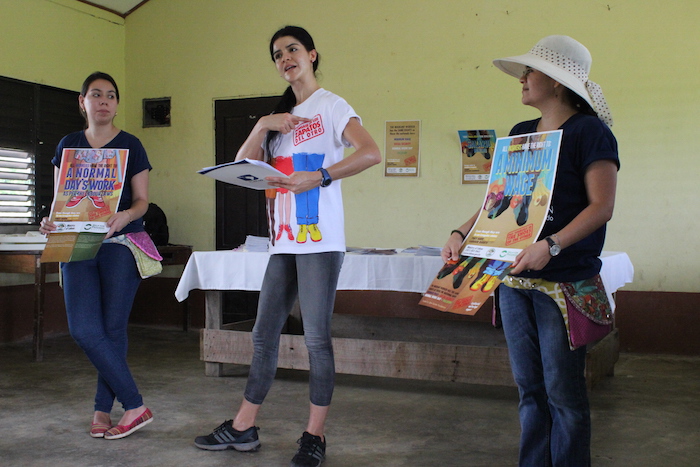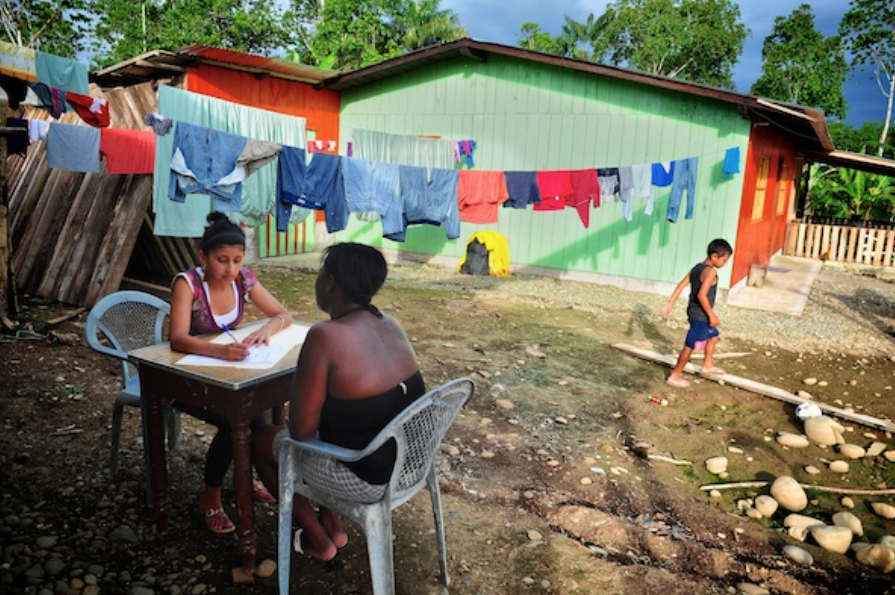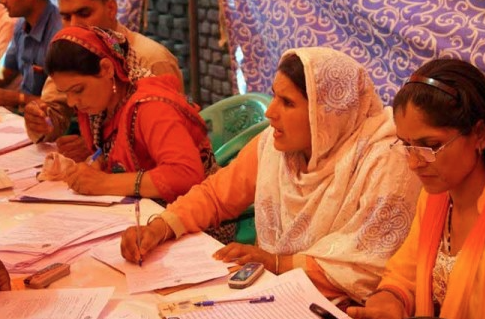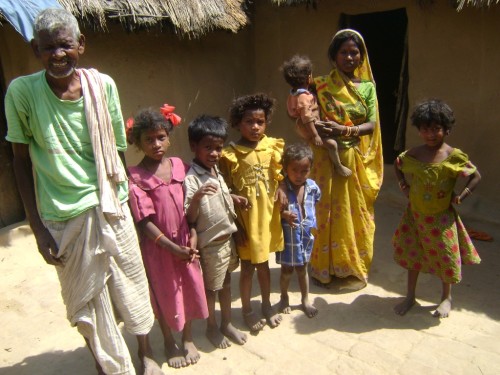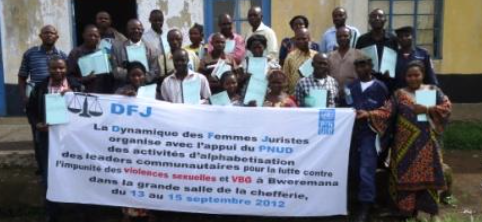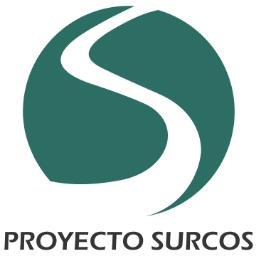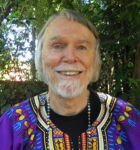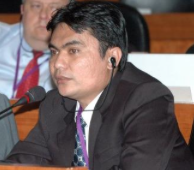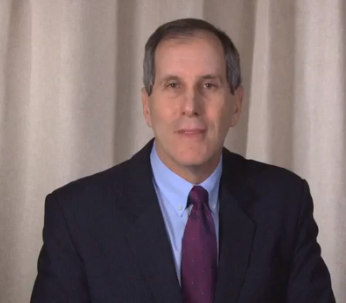
The First Global Prize Dedicated to Grassroots Justice
Legal empowerment is about helping people to understand and use the law. In establishing the first legal empowerment prize we wanted to recognize grassroots organizations, large and small, across the globe, who are finding ways to put law into people’s hands. The prize was run with BRAC, the World Justice Project and the UN Development Programme as partners.
In all, more than 160 organizations entered the biennial competition in its first year, from small groups working in the most difficult circumstances or with very vulnerable populations, to more established organizations who have changed the lives of thousands of people for the better.
The winning organization received $10,000 and the Achmed Dean Sesay Memorial Prize. It was named for a Namati paralegal who died tragically young. You can read about Achmed’s inspiring life and work here. The winning organization is one that in a relatively short period of time has demonstrated a really effective working model.
We plan to launch the next Justice Prize in September or October of 2017. To stay informed, join our mailing list.
The 2015 Justice Prize Winners
Special Category Award Winners
In addition to the top three prizes, Namati recognized eight organizations for their outstanding work in key areas such as innovation (where we actually awarded two prizes) or in learning from their work or working in partnerships. Each of these receives $500 and a certificate.
Best Learners Award – SM Sehgal Foundation, India
Impact Award – Dynamique des Femmes Juristes, DRC
Innovation Award – Grupo de Monitoreo Independiente, El Salvador
Innovation Award – Human Rights Institute, Russia
Partnership Award – Koshish Charitable Trust, India
Scaleability Award – Asylum Access, Global
Sustainability Award – Nepal National Dalit Social Welfare Organisation, Nepal
Public Vote Winner – Proyecto Surcos, Argentina
Courage Commendations
In addition to the the cash prize-winners, Namati also wanted to recognise and give a special ‘courage’ commendations to the work of a small number of organisations attempting to deliver grassroots justice in extremely difficult circumstances.
The winners of the courage commendation are:
AWN Access to Justice Network – The Gaza Strip
In the challenging context of the Gaza Strip, the Palestinian Bar Association established the AWN Access to Justice Network to provide legal services especially to poor and vulnerable communities. It has a particular focus on women and uses mobile legal clinics and telephone helplines as part of its outreach. AWN Network video channel.
Bar Hostess Empowerment Support Programme (BHESP) – Kenya
BHESP works to change and challenge policies, provide justice and promote human rights for female sex workers in Kenya. The country’s laws governing sex workers are unclear, yet they are often used to target, extort from and abuse sex workers’ rights. The project has trained around 300 sex workers as paralegals, who have then sensitised their peers on their rights as women, mothers and sex workers under Kenyan laws. BHESP website.
Society for Rights and Development – Pakistan
Society for Rights and Development is based in the Federally Administered Tribal Areas of Pakistan (FATA). This dangerous borderland is ruled by the draconian colonial-era Frontier Crime Regulations (FCR). The FCR allows the federal government to seize private property in FATA or to convict an individual without due process. Society for Rights and Development campaigns for reform of the FCR. SRD Facebook page.
Monks Community Forest – Cambodia
The Monks Community Forest (MCF) operates in the remote Oddar Meanchay province in northwest Cambodia. Villagers and monks have secured legal protection for an 18,261-hectare forest in a region rife with illegal and destructive logging. In all six villages depend on the forest for resources such as resin, bamboo and fish, which they can harvest for subsistence use or to sell. The monks use law enforcement based on Buddhist principles that have minimized violence. UNDP Project on the MCF.


